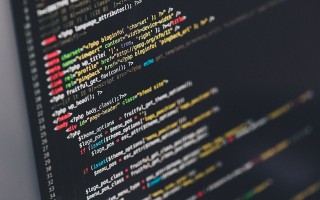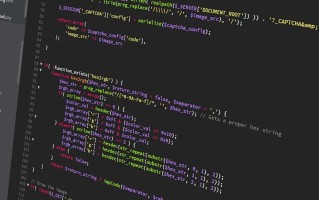Farmer John is at the market to purchase supplies for his farm. He has in his pocket K coins (1
Farmer John is at the market to purchase supplies for his farm. He has in his pocket K coins (1 <= K <= 16), each with value in the range 1..100,000,000. FJ would like to make a sequence of N purchases (1 <= N <= 100,000), where the ith purchase costs c(i) units of money (1 <= c(i) <= 10,000). As he makes this sequence of purchases, he can periodically stop and pay, with a single coin, for all the purchases made since his last payment (of course, the single coin he uses must be large enough to pay for all of these). Unfortunately, the vendors at the market are completely out of change, so whenever FJ uses a coin that is larger than the amount of money he owes, he sadly receives no changes in return! Please compute the maximum amount of money FJ can end up with after making his N purchases in sequence. Output -1 if it is impossible for FJ to make all of his purchases.
![HBC24416All-StarGame[USACO 2013 Nov G]No Change题解
-第1张图片-东莞河马信息技术 HBC24416All-StarGame[USACO 2013 Nov G]No Change题解
-第1张图片-东莞河马信息技术](https://www.xxstcz.com/zb_users/upload/2023/11/20231123141802170072028274177.jpeg)







